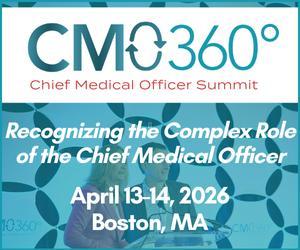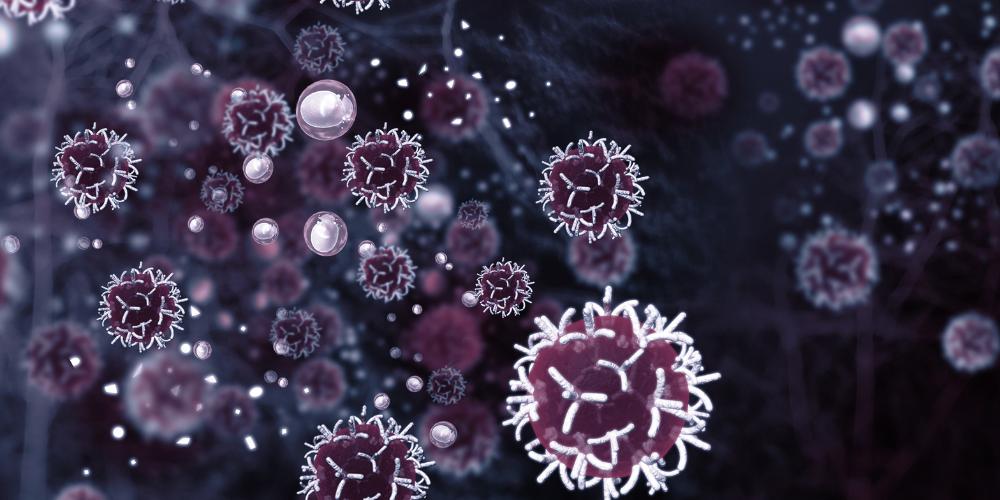Developing New Checkpoint Inhibitors for Patients and Finding Inspiration from Immunotherapy
Merck’s Tanya Keenan, MD, MPH, Executive Director, Oncology Clinical Development, is helping lead the development of a novel immune checkpoint inhibitor with the potential to open the doors for more effective immunotherapies.

What work are you leading to benefit patients or conquer cancer?
I’m collaborating with functional area experts and late-stage tumor teams for the clinical development of a novel immune checkpoint inhibitor to enhance tumor control and deepen cancer remissions. In addition, our team is diving deep into biomarker analyses to understand where this new immunotherapy is likely to work best and which patients are most likely to benefit.
"This success could deepen understanding about the immune system's role in cancer and transform certain types of cancer into chronic manageable conditions."
What will become possible next if your work succeeds?
If our work developing this new cancer immunotherapy succeeds, we will open the door to more effective immunotherapy medicines, significantly improving patient survival rates and quality of life. This success could deepen understanding about the immune system's role in cancer and transform certain types of cancer into chronic manageable conditions.
What made you passionate about entering the field?
The opportunity to develop immunotherapy medicines that lead to durable cancer remissions for more people made me passionate about entering the field of immunotherapy drug development.
Having witnessed the limitations of traditional cancer treatments, I was captivated by the potential of immunotherapy to offer more effective and less toxic options for patients. The patient-centric approach of immuno-oncology resonated deeply with my desire to make a tangible difference in people's lives.
"Having witnessed the limitations of traditional cancer treatments, I was captivated by the potential of immunotherapy to offer more effective and less toxic options for patients. The patient-centric approach of immuno-oncology resonated deeply with my desire to make a tangible difference in people's lives."
What keeps you engaged in the work?
Every day, I am reminded of the impact our work has on patients' lives and of the importance of holding onto the human side of science. Empathy and understanding are just as crucial as expertise in leading a team and shaping the future of cancer therapy.
What is one prediction you have for immuno-oncology in 2024?
My prediction is that in 2024, computational biomarker analyses will more accurately predict which patients are most likely to respond to immunotherapy agents and novel treatment combinations to overcome resistance.
What modalities or pathways are you keeping an eye on for the near-future?
Individualized neoantigen therapies enhance the immune system's recognition of tumors and have the potential to prevent the recurrence of many early stage cancers.
What is your career advice, especially for young women in science careers?
Never underestimate the power of collaboration. Science is a team sport, and diversity in thought and background strengthens our collective potential and ability to solve challenging problems. Build relationships, share your ideas, and learn from others.
Follow your passion and don't shy away from charting a new course that appeals to you. If you're interested in learning more about immuno-oncology careers in industry, please reach out. I'd love to connect, share insights, and support your journey.
Book Recommendations:
Primal Leadership by Daniel Goleman, Richard E. Boyatzis, and Annie McKee










